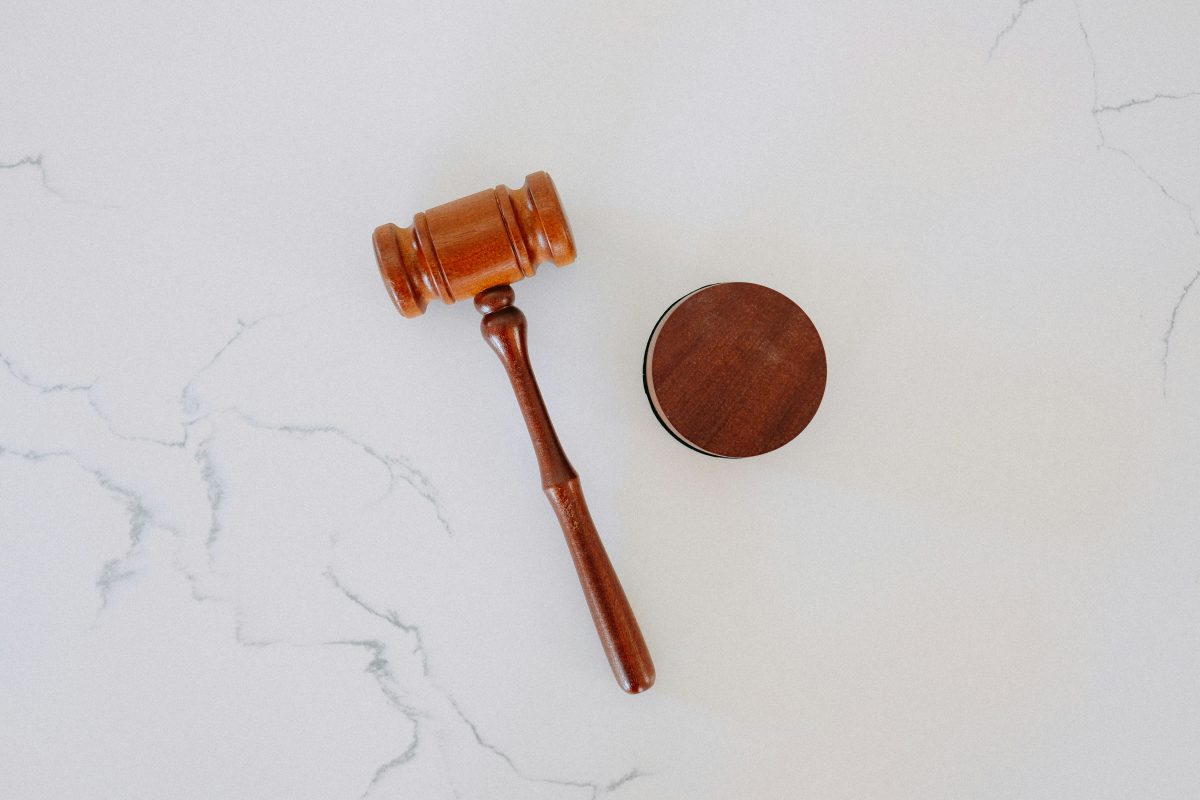Tennessee Attorney General Jonathan Skrmetti along with the state of Virginia has filed a lawsuit against the National Collegiate Athletic Association (NCAA.)
Skrmetti and others are suing the organization for “violating federal antitrust laws with its anticompetitive restrictions on the ability of current and future student-athletes to benefit from their name, image, and likeness (NIL).
“This Court should declare unlawful and enjoin the NCAA’s NIL-recruiting ban and allow this market—which already exists—to function fairly and competitively,” reads the lawsuit.
In a statement, Skrmetti argued that the NCAA’S NIL-recruiting ban violates federal antitrust law, thwarts the free market, and harms student-athletes.
“Student-athletes are entitled to rules that are clear and rules that are fair,” said Skrmetti. “College sports wouldn’t exist without college athletes, and those students shouldn’t be left behind while everybody else involved prospers. The NCAA’s restraints on prospective students’ ability to meaningfully negotiate NIL deals violate federal antitrust law. Only Congress has the power to impose such limits.”
The Supreme Court ruled that the NCAA had violated antitrust law in the case of NCAA v. Alston. In June of 2021, the NCAA adopted an interim policy that allowed athletes to benefit from their NIL. When this policy was initially announced, then-NCAA President Mark Emmert said they would be working with Congress to develop more solutions on a national level.
At the time of the announcement, Emmert said “the current environment – both legal and legislative – prevents us from providing a more permanent solution and the level of detail student-athletes deserve.”
“After the Supreme Court ruled that the NCAA violated antitrust law by imposing unreasonable restraints on the compensation college athletes may receive, Tennessee and other states enacted laws to foster a thriving NIL market for the benefit of student-athletes,” said Skrmetti. “Contrary to those state laws, the NCAA has adopted a shifting and opaque series of rules and guidelines that thwart the ability of student-athletes to get fair compensation for their NIL.”
Under current NCAA rules, athletes are allowed to engage in NIL activities that are “consistent with the law of the state where the school is located.” They are also allowed to use a professional service for NIL activities.
However, under these same rules, prospective athletes are prohibited from “discussing potential NIL opportunities prior to enrolling. They are also unable to review offers before they enroll at their university.
The lawsuit alleges that these restrictions “violate the Sherman [Anti-Trust] Act, harm the States and the welfare of their athletes, and should be declared unlawful and enjoined.”
“Student-athletes generate massive revenues for the NCAA, its members, and other constituents in the college sports industry—none of whom would dare accept such anticompetitive restrictions on their ability to negotiate their own rights,” said Skrmetti. “Student-athletes shouldn’t be left behind while everyone else profits from their achievements.”
